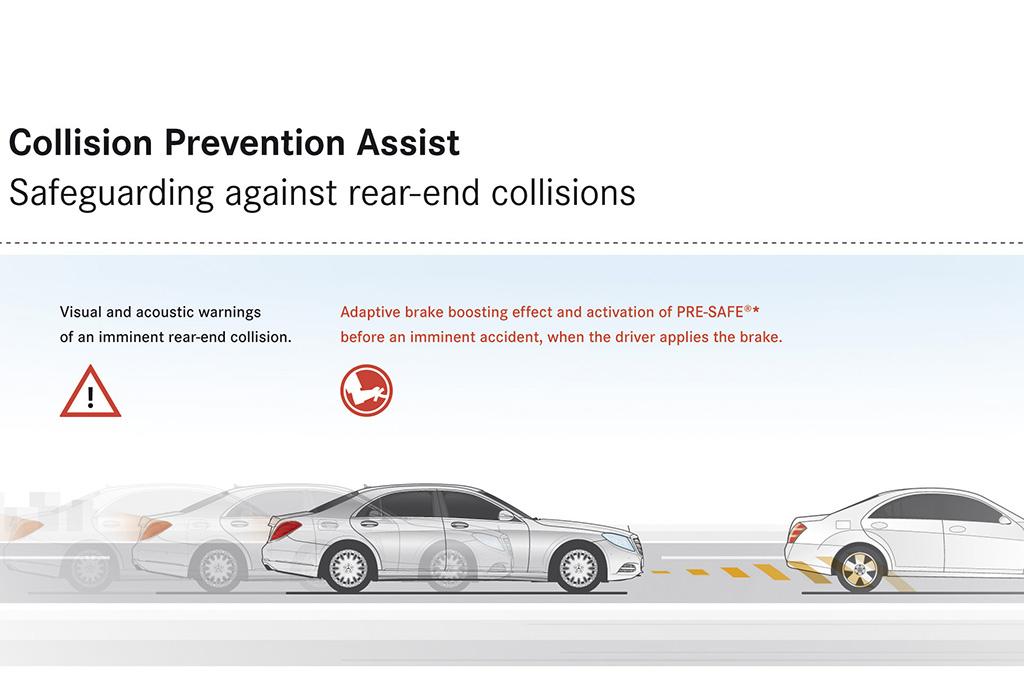In 2013, the Insurance Institute for Highway Safety added a new component to its Top Safety Pick Plus designation; only vehicles with front crash prevention systems could qualify for the agency's highest safety score. Automakers are taking notice. Once only found as optional equipment on high-end cars, the IIHS says that some form of forward collision warning is available on half of the models in its database.
In IIHS' most recent round of testing, more than a dozen new models earned the highest rating of superior for front crash prevention systems. The agency rates vehicles as basic, advanced or superior depending on the type of automatic braking system and how effective it is in tests at 12 and 25 mph.
Related: IIHS Launches Crash-Prevention Ratings Program
Acura leads the list of new models that earn a superior front crash prevention rating. The 14 new models include the:
- 2016 Acura ILX
- 2016 Acura MDX
- 2016 Acura RDX
- 2016 Acura RLX
- 2016 BMW X3 (when equipped with a camera- and radar-based system)
- 2015 Chrysler 300
- 2015 Dodge Charger
- 2015 Mercedes-Benz C-Class (both Collision Prevention Assist Plus and Pre-Safe Brake equipped versions)
- 2015 Mercedes-Benz CLA (both Collision Prevention Assist Plus and Distronic Plus equipped versions)
- 2015 Mercedes-Benz E-Class
- 2016 Mazda6
- 2016 Mazda CX-5
- 2016 BMW X3 (when equipped with BMW's camera-only system called City Braking Function)
- 2016 Volkswagen Golf
- 2016 Volkswagen Golf SportWagen
- 2016 Volkswagen Jetta
- 2015 Volkswagen Touareg
Other automakers have made improvements to their systems in order to raise their rating. The 2015 Mazda6's system, for example, earned an advanced rating; improvements for model-year 2016 bumped it up to a superior score.
"Most motorists won't be riding in driverless cars anytime soon. In the shorter term, automatic braking is an accessible technology that's within reach for many drivers. We've seen an uptick in the number of luxury and mainstream models with available autobrake. That's a welcome sign for highway safety and helps pave the way for the eventual deployment of fully autonomous vehicles," David Zuby, IIHS' executive vice president and chief research officer, said in a statement.



